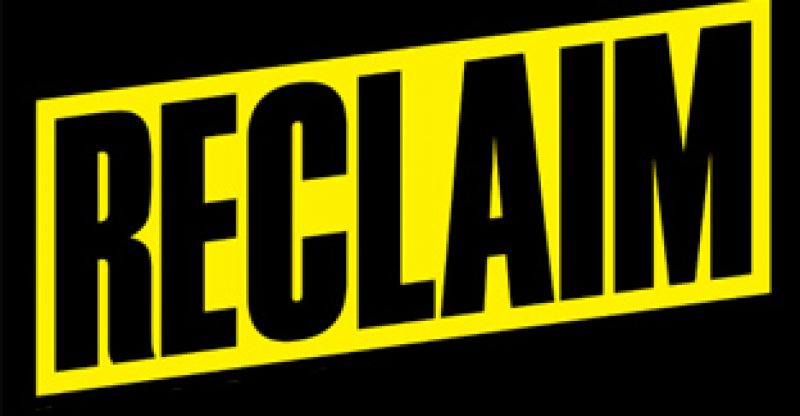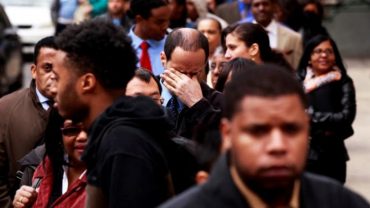First Nation Trying to Reclaim What was Once Theirs
A very impertinent vote will be made in the summer month of July. The future vote will be to decide if a First Nation that is situated not too far from Antigonish, N.S., will be “allowed” to use a piece of land that has been laying fallow for the longest while.
#Why was the land unused for all this time, in the first place?
Well, back in the mid-60s, the pending development of the Trans-Canada Highway divided the Paqtnkek Mi’kmaw Nation into two equal parts, 200 hectares each.
The land was never utilized.
Since the tribe is growing and it is therefore understandable that it needs more space and it is a no news that it gets back what rightfully belongs to the Paqtnkek.
“Hopefully [Paqtnkek] will be part of a destination. I always like to hear that, a destination rather than a pit stop because right now it’s the gateway to Cape Breton and out.”
Those were the words of the director of economic development with Paqtnkek Mi’kmaw Nation, Rose Paul.
Rose has been at it for a decade, trying to make this happen. It is her dream that there’ll be more structures such as houses, stores, etc., by the Highway that is the 104 which will be a main attraction for people.
She went on to say these words:
“I’m really excited for the community. It’s definitely a real goal, a milestone for myself, and it’s something that I wouldn’t think was going to happen. We were challenged in so many ways.”
The highway interchange deal is not set in stone, yet; a vote must be carried out next month to decide if the Department of Transportation and Infrastructure of Renewal will commence work, this coming autumn season.
In order for the “project” to start, what is called a “double majority” is required under the Indian Act. This is because, there will be a “surrendering” of a piece of the land—27 hectares of it.
A double majority simply means that of the 413 band members that are registered, 207 of them must vote. And of the 207, 105 must vote “yes”.
Rose Paul does reiterate by saying that it not a “surrender” per se for if the land is not used, it will most definitely go back to the Nation.
A compensation of over $2M will be received by the tribe. This is according to their leader, Chief Paul Prosper, in order to relocate many houses.
He also believes that all of this will greatly benefit his people.
If the voting doesn’t go as expected, then a whole year must pass before council can take a look at it again.





